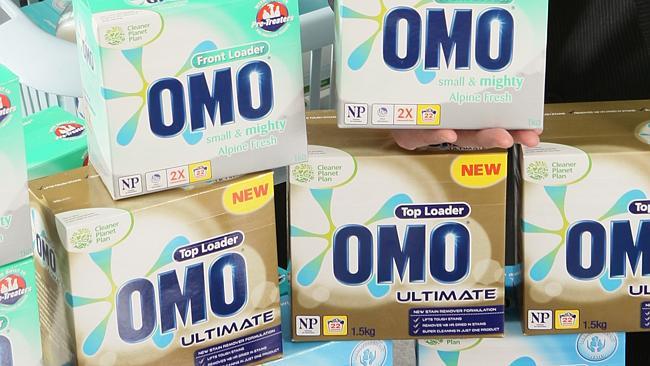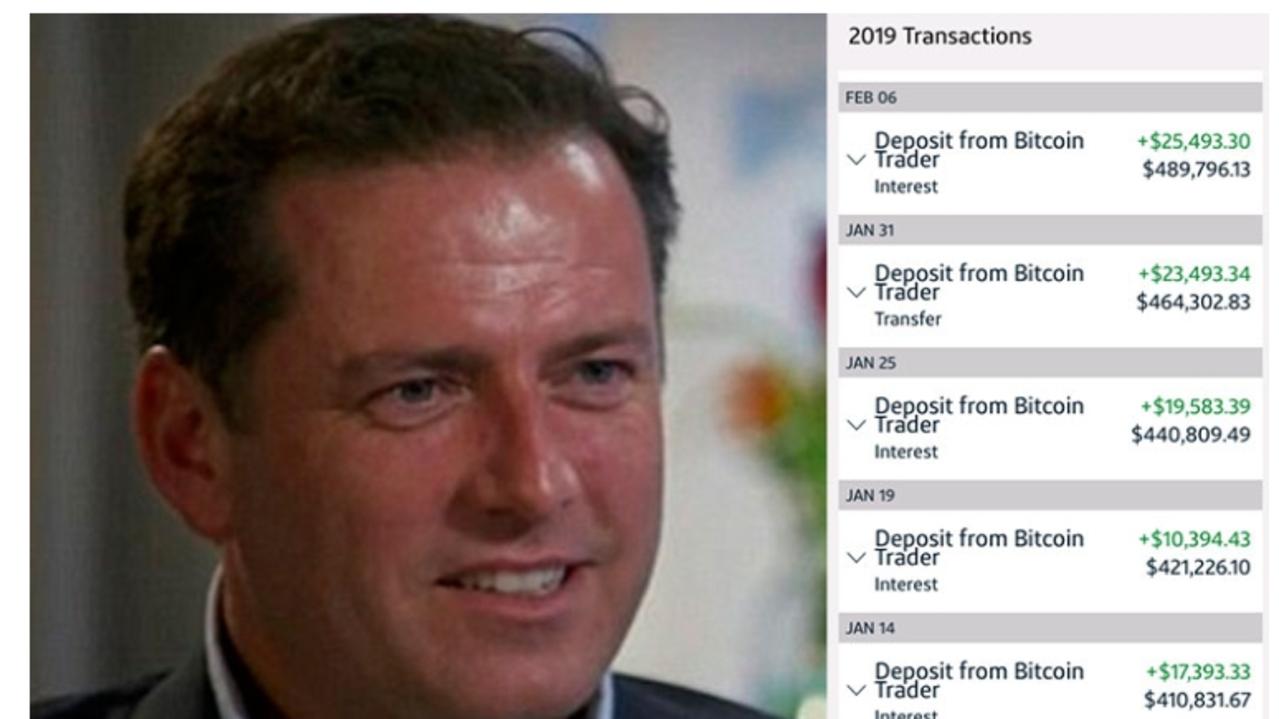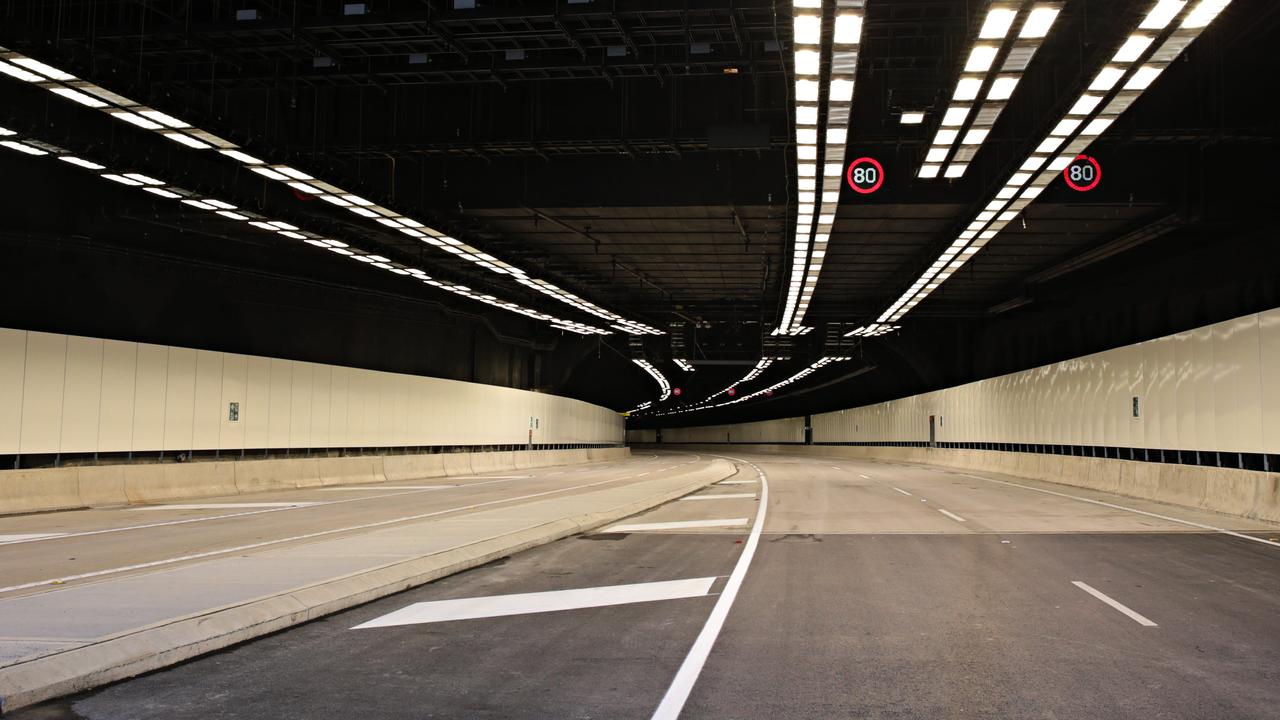How a cartel involving Colgate-Palmolive, Cussons and Unilever began over laundry powder
HAD it stayed secret, a plan allegedly hatched by Colgate-Palmolive to fix laundry powder prices would have reaped it and rivals $146m.

Public Defender
Don't miss out on the headlines from Public Defender. Followed categories will be added to My News.
HAD it remained secret, "Project Mastermind" - allegedly hatched by Colgate-Palmolive to fix prices in the laundry powder market - would have reaped it and rivals Cussons and Unilever a cool $146 million.
But a decision by Unilever to come clean over the alleged cartel now leaves its competitors and others facing fines of up to $100 million.
In Federal Court action filed in Sydney, the Australian Competition and Consumer Commission claims Colgate, Cussons and Unilever conspired to stop supplying standard concentrate in early 2009 and "simultaneously transition" Cold Power, Radiant and Omo respectively, to ultra concentrates.
The ACCC alleges the trio agreed to sell their super-strength powders for the "same price per wash as the equivalent standard concentrated products and not pass on the cost savings to consumers".
This had a "significant" effect on competition, the ACCC alleges.
The ACCC "also alleges that Woolworths played a key role in organising the simultaneous transition to ultra concentrates and the introduction of an anti-competitive pricing strategy".
Documents filed with the court allege the cartel behaviour began when six Colgate executives went to Woolworths' Sydney headquarters nearly six years ago and warned the laundry detergent market would be $146 million lower in total over the four year 2009 to 2013 if the industry transition to ultra-concentrates was "staggered" not simultaneous.
Woolworths managers are said to have agreed to support a proposal for simultaneous transition.
By May, and following a meeting between Colgate, Cussons and Unilever executives in Sydney's Ultimo, an agreement called "Project Mastermind" had been struck. Woolworths was allegedly told of the agreement.
Within months, the simultaneous move to supply supermarkets with smaller and cheaper-to-make ultra concentrates was underway.
But in 2011 Unilever rolled, which has now won it full immunity. In a statement Unilever said it "regretted past behaviour" and had replaced its top brass in response.
Last night Colgate said it had "not yet received full details of the allegations being made or the evidence relied on by the ACCC in the proceedings".
Woolworths said it would "vigorously defend" the allegations. It is not accused of involvement in the cartel itself. Woolworths also said it had "serious concerns about the way the ACCC has engaged with us".
News Corp Australia was unable to contact Cussons last night.
The ACCC is seeking pecuniary penalties, declarations, injunctions, compliance programs and costs against Colgate, Cussons, Woolworths and a former Colgate sales director.
These could total as much as $100 million.


